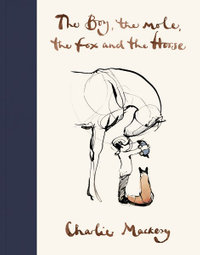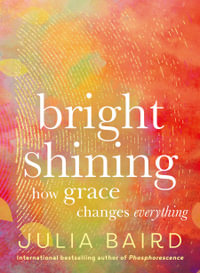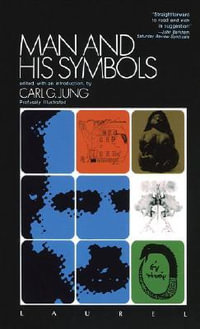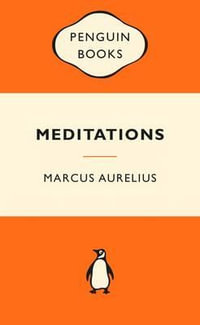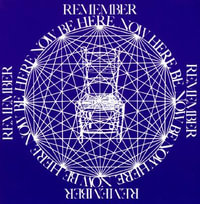The relation between humans and nature is at the core of the great existential threats of our time, from climate change, extreme weather, and environmental destruction to devastating pandemics. We are becoming increasingly aware of the fact that, unless we change our behavior radically and quickly, the most likely outcome will be the destruction of countless species and forms of life, including our own. But we also need to change the way we think about nature, and think about the relation between humans and nature – this is a key intellectual task.
In this important book, Richard J. Bernstein argues that an adequate conception of humans and nature, capable of facing up to the existential threats of our time, requires taking full account of the major projects dealing with nature in the past. Focusing on key figures of modernity – Spinoza, Hume, Kant, Hegel, Marx, Nietzsche, and Freud – Bernstein reconstructs their conceptions of nature and uncovers the reasons that led them to their distinctive views. Working through the contradictions and incompatibilities among these diverse thinkers, Bernstein identifies common themes that have shaped their struggles in dealing with the relation of humans to nature. He offers a critical overview of the challenges illuminated by each perspective that must be confronted in our thinking of nature today.
As a prolegomenon to rethinking humanity and nature, this book uncovers the rich conceptual resources available within the modern tradition that can help us to develop an adequate understanding of nature for our time.
Industry Reviews
“Throughout his career, Richard Bernstein has served as a trusted guide through the European and American philosophical traditions. Lucid and fair-minded, his new book exemplifies his rare gift for synthesis, showing us how the idea of nature has changed over time, and how we have changed as well.”
Peter E. Gordon, Harvard University
“a remarkable work that demonstrates the enduring relevance of thinking historically about key ideas in philosophical analysis.”
Journal for the Study of Religion, Nature and Culture




